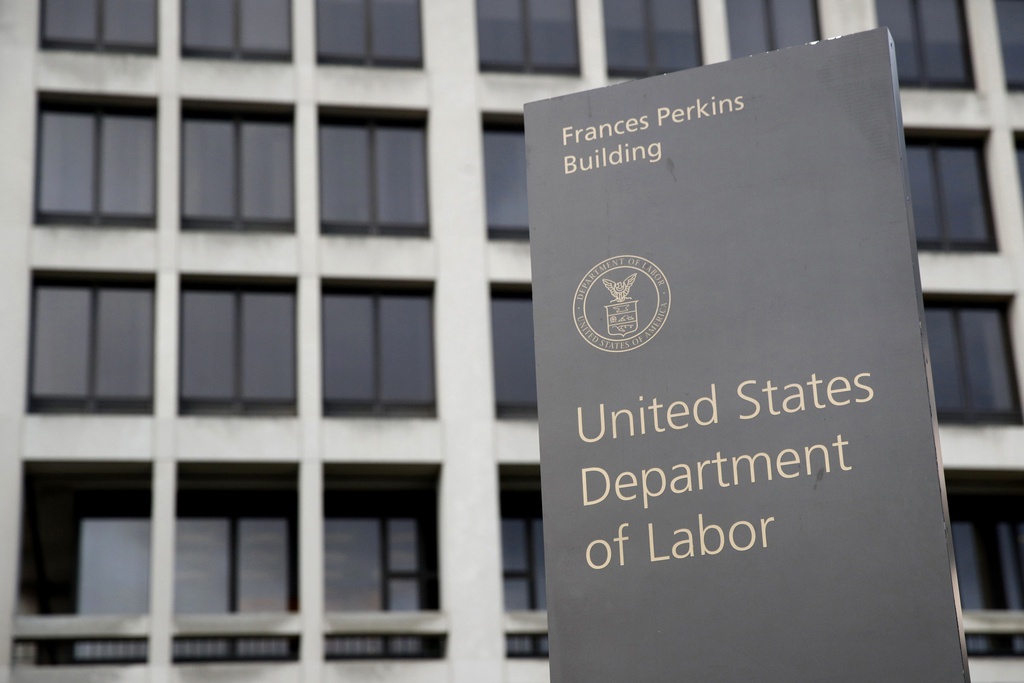Spotlight
Finance
Technology
Summer internship season is just around the corner! Whether you’re joining as an intern or…
Join our mailing list
Get the latest finance, business, and tech news and updates directly to your inbox.
Top Stories
Kim Kardashian’s private equity firm SKKY Partners has struggled to land funding — raising just…
DALLAS — American Airlines and Southwest Airlines both lost money in the first quarter, and…
Deutsche Bank and JP Morgan were the top mergers and acquisitions (M&A) financial advisers by…
A Russian court ordered the seizure of $439.5 million in funds from JPMorgan Chase’s bank…
Dimensional Fund Advisor offers investment solutions from different asset classes to institutional and individual investors,…
In the rapidly evolving world of financial technology, Amol Gote stands out as a Solutions…
Red Lobster is seeking to hook a buyer as the struggling seafood chain attempts to…
Stellar Blade’s review embargo was up yesterday, and of course controversy followed. But that was…
This year Norway is the partner country of the German Hannover Messe, the most important…
Total Net Revenue: $1.16 billion, second highest in company history.Global Wealth Management Revenue: Record $791…
A handful of American finance and tech tycoons are gearing up for multi-billion bids to…
Topline U.S. fertility rates in 2023 reached the lowest levels since records began, the Centers…





















![Retirement confidence in the US ticks up; new rule for financial advisers is set to start [Video]](https://s.yimg.com/ny/api/res/1.2/T0O2vD4KCY4ZgvC4hT393A--/YXBwaWQ9aGlnaGxhbmRlcjt3PTEyMDA7aD04MDA-/https://media.zenfs.com/en/aol_yahoo_finance_433/b015d2fb47b231a750ff80e468cce764)



















